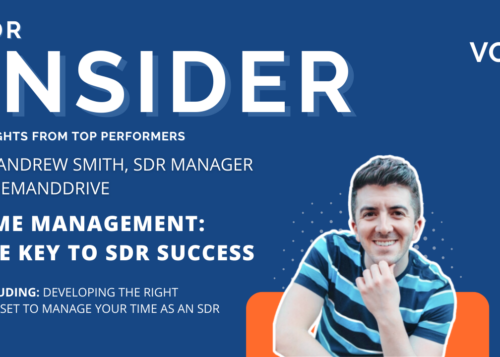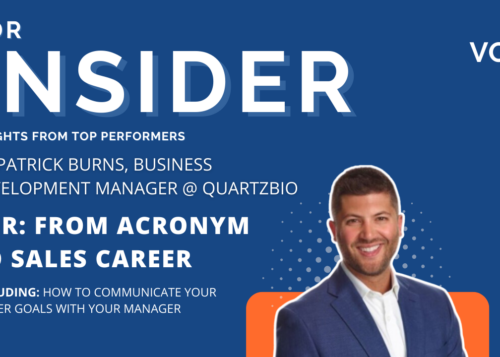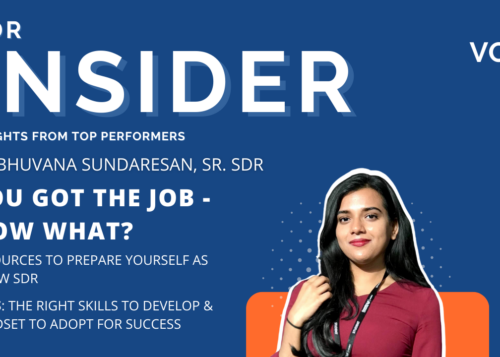Uplifting Untapped & Overlooked Voices

How Lori Dunn, COO @ Optimus Technologies, views the mentor/mentee relationship and shares advice on how each party can benefit.
Our Guest
Name: Lori Dunn
What She Does: Lori is the COO at Optimus Technologies and a #GirlsClub Mentor. She’s also featured in the book Heels to Deals: How Women are Dominating in Business-to-Business Sales.
Company: Optimus Technologies
How to Connect: THE Lori Dunn’s LinkedIn
What does mentorship mean to you?
Someone to help you navigate difficult situations? Someone to lean on when you’re unsure of a decision? Someone to coach up a specific skill or unblock you from negative thoughts?
There are a ton of ways you can slide and dice mentorship, but we think Lori Dunn has a pretty solid definition:
“A mentor is someone who is with you on a journey of growth.”
Mentors don’t have to fulfill a specific role for a mentee – sometimes you just need a cheerleader who can help you push through a difficult situation, and sometimes you need help developing a certain skill.
At the end of the day, for Lori, mentorship is when a relationship has mutual value.
We dive into what that means, how Lori started down her path as a mentor and mentee, and what you (yes, you!) can do today to start fostering better relationships and personal growth.
Related Resources
Continue exploring

From Tables to Tech – Kristie Jones’ Blueprint for Sales Success

To Succeed in Sales…You Have to Fail

‘No’ In Sales Isn’t Rejection, but Redirection

Time Management – The Key to Success

From Acronym to Sales Career

You Got The Job! Now What?

